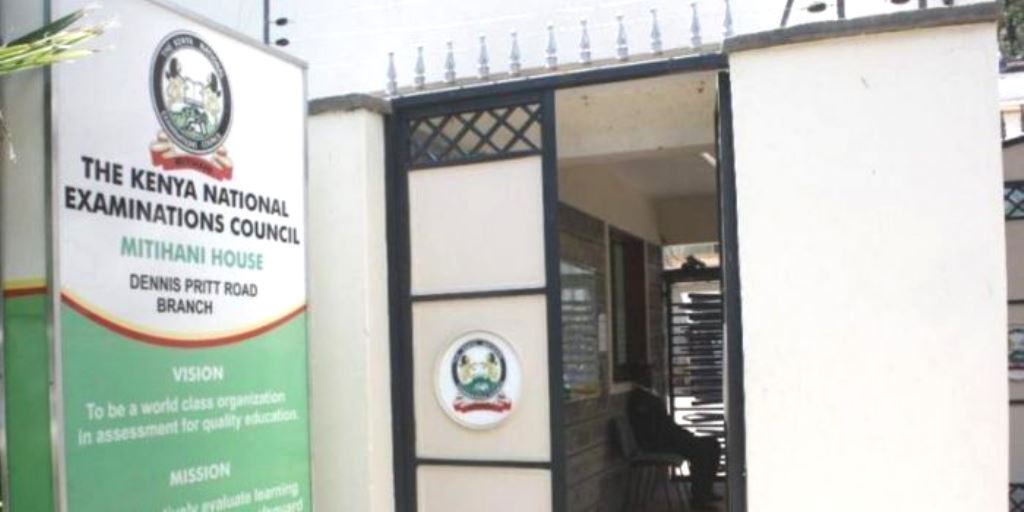By Roy Hezron
Public Universities will now be compelled to include members of their Alumni Associations as part of key decision makers of the university if a petition presented in the National Assembly by one Mr. Patrick Kaberia is approved and implemented.
Kaberia, who is the Executive Director of PAWA Africa, a Civil Society Organization (CSO) specializing in socio-economic development and governance, wants the change to be effected through an amendment to the Universities Act, 2012.
The petitioner is seeking the intervention of the legislators to amend the Act and to among other provisions, replace the word ‘may’ in Section 42 of the Act with the word ‘shall’ in order to compel universities to establish Alumni Associations.
Further, he wants the House to give provisions that will empower University Alumni Associations to nominate representatives to the respective University Council and Senate, Management Board, Committees, and other organs in addition to managing an Endowment Fund.
The petitioner wants the amendment to provide for the engagement of Alumni Associations and other stakeholders in resuscitating, rejuvenating and supporting public universities in Kenya.
Kaberia highlighted poor leadership, mismanagement, deteriorating debt levels, lack of inclusivity and accountability, failure to comply with gender and regional balance and inadequate public participation as some of the ills facing the institutions.
He views the exclusion of Alumni Associations and other stakeholders in decision-making as a root cause of the current crisis facing public universities which has led to some universities nearly being closed or their property being auctioned.
“He is thus convinced that involvement of Alumni Associations will go a long way in addressing the aforementioned challenges as well as in securing support, national pride, prosperity and global competitiveness of universities through the resultant improvement in quality standards and management,” National Assembly Speaker Moses Wetang’ula read the petition to the House.
Wetang’ula ordered the petition to be sent to the Public Petitions Committee to consider the request and report its finding to the House and the petitioner in accordance with Standing Order 227 (2).
An alumni association brings former students together to maintain a connection with their university and fellow graduates.
Alumni are an institution’s most loyal supporters, fundraising prospects and they generate invaluable word-of-mouth marketing among their social and professional networks.
According to Section 42 of the Universities Act, 2012, a university may establish an Alumni Association consisting of graduates of the university and such other persons as may be declared to be members under the Charter.
The Association shall act as an interactive forum for the members and perform such other functions as may be specified in the Charter.
Alumni associations are currently not included under the current compositions of the key Governing organs of a university.
Under the Act, Council of a public university or constituent college of such a university only consist nine (9) persons appointed by the Cabinet Secretary.
They include the Chairperson, the Principal Secretary in the Ministry responsible for university education, the Principal Secretary in the National Treasury and Planning Ministry, five members appointed by the Cabinet Secretary through an open process and the Vice-Chancellor who is an ex-officio member of the Council.
However, the Alumni Association plays a big role in the appointment of Chancellors in Public Universities, since the Act provides that in the process of appointing the Chancellor, the Senate of that particular university is supposed to do so in consultation with the Association.
According to Section 38 of Universities Act as highlighted in its Second Schedule on procedure for the appointment of the Chancellor of a Public University, if a vacancy occurs in the office of Chancellor of a public university, the Senate of that university shall, in consultation with the respective alumni association, identify suitable persons for appointment.
The senate shall then vet all names submitted in accordance with the procedure set out in the charter then propose five names of persons deemed to be qualified under the provisions of the Act for purposes of ranking by the alumni association.
The alumni of the public university will then receive the five and be required to rank them in order of preference. The senate will thereafter forward the names of the top three applicants to the cabinet secretary for onward transmission to the president to pink one applicant for appointment as chancellor.
Incase a public university is new and has no alumni, the President shall, from three names recommended by the Cabinet Secretary, appoint the person to be the Chancellor of the university.






